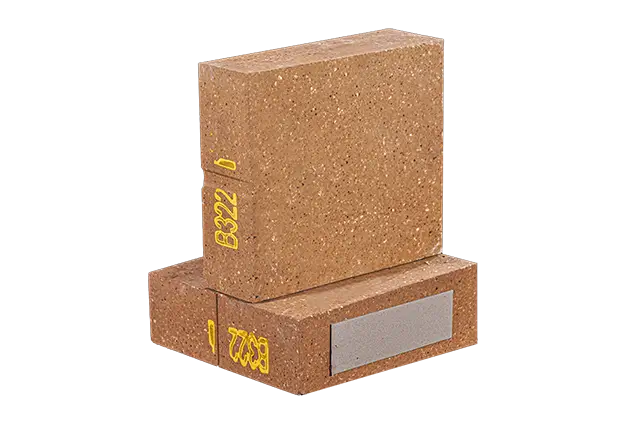Magnesia Alumina Spinel Refractory Bricks are engineered to meet the rigorous demands of industrial applications where extreme temperatures and harsh conditions prevail. These bricks stand out due to their unique composition of high-purity fused magnesia and spinel, which ensures minimal impurities and remarkable thermal performance.
One of the most compelling features of these refractory bricks is their exceptional heat resistance. They maintain structural integrity and performance even at temperatures exceeding 1700°C, making them an excellent choice for industries requiring materials that can withstand the most extreme conditions.
The low impurity content, particularly the minimized CaO levels in Magnesia Alumina Spinel Bricks, significantly reduces the risk of deterioration over time. This enhancement not only extends the lifespan of the product but also provides a reliable solution to operational challenges faced in high-temperature environments.
Another key advantage is their enhanced corrosion resistance. These bricks exhibit superior resistance to alkaline vapors and SOx corrosion, ensuring reliability and reducing downtime. This feature is crucial for industries like glass manufacturing and metallurgy, where corrosive agents can quickly compromise the integrity of conventional materials.
Magnesia Alumina Spinel Bricks find versatile applications across various sectors including cement, glass, steel, and chemical industries. Their ability to adapt to diverse high-temperature environments makes them a preferred choice for rotary kilns, glass kilns, and refractory material sintering operations.
Understanding that every operation is unique, we provide customized refractory solutions that align with the specific challenges faced by our clients. This tailored approach ensures that customers receive optimal products that meet their demanding applications effectively.
In conclusion, Magnesia Alumina Spinel Refractory Bricks represent a cutting-edge solution for industries that demand higher performance in extreme conditions. With their exceptional thermal resistance, low impurity content, and durable design, they not only enhance operational efficiency but also contribute to significant cost savings through reduced maintenance requirements.

